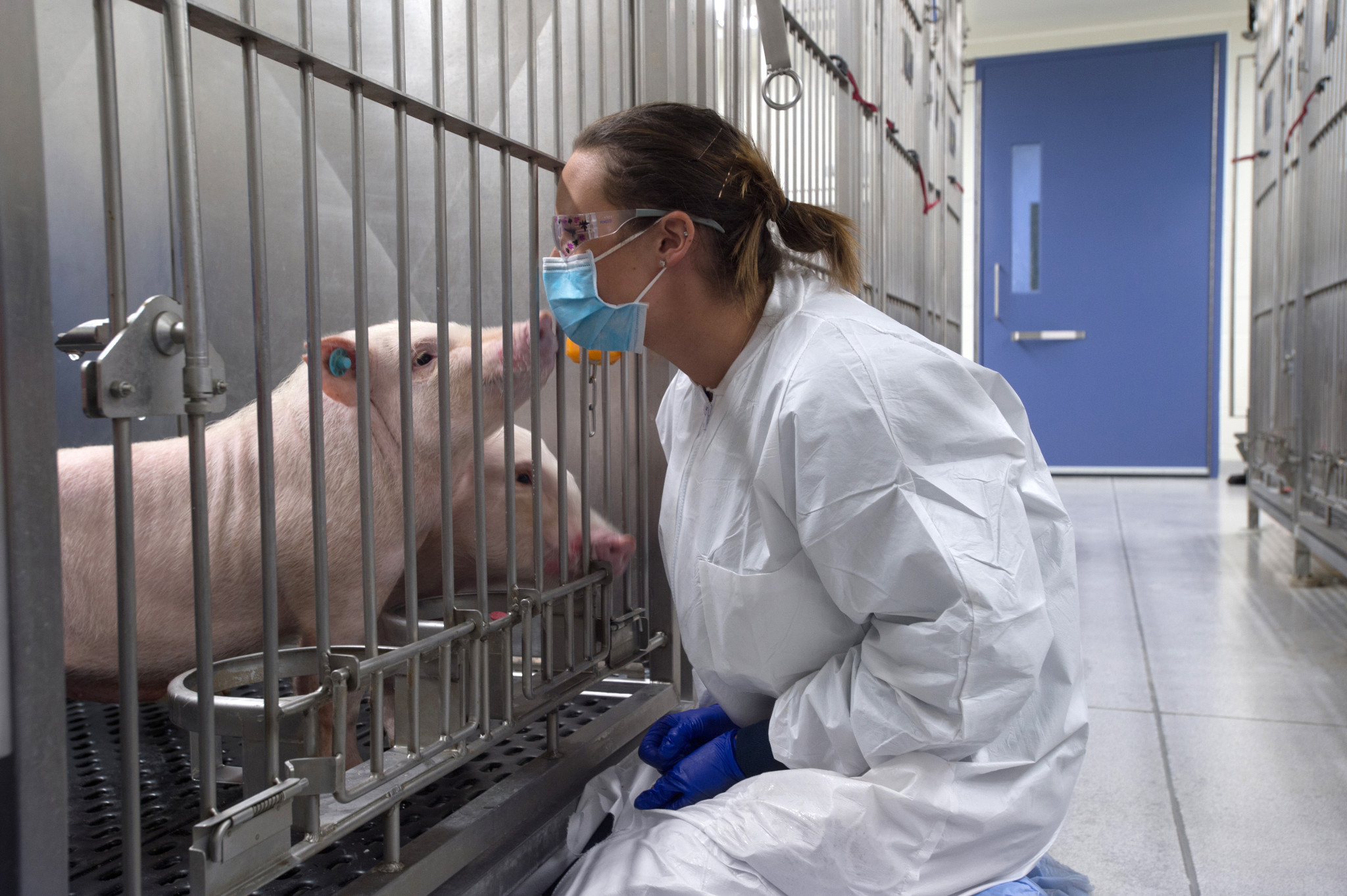Mastering Pet Diagnostic Services in the US with Best Practices
Mastering Pet Diagnostic Services in the US with Best Practices
Blog Article
Whether it’s routine blood work or advanced diagnostic panels, veterinary labs deliver the data veterinarians need to make informed decisions.
From routine screenings to emergency diagnostics, veterinary labs help uncover hidden health issues, confirm diagnoses, and track treatment progress.
Whether you’re a pet parent searching for a “veterinary lab near me” or a veterinary professional looking for top-tier lab partners, this guide will provide expert insights and practical tips.
What Is a Veterinary Laboratory?
Just like human medical labs, veterinary labs follow strict protocols to ensure accuracy and reliability.
Some focus on general diagnostic testing for common pets like dogs and cats, while others handle specialized species, such as exotic animals, horses, or livestock.
In the US, veterinary laboratories can operate as standalone diagnostic centers, be integrated into veterinary hospitals, or work as part of nationwide networks.

What Tests Do Veterinary Labs Offer?
Routine blood tests, such as complete blood counts (CBC) and blood chemistry panels, provide insights into organ function, immune response, and general wellness.
For more specialized diagnostics, veterinary labs offer cytology (examining cells under a microscope), biopsies, hormone level testing (such as thyroid or cortisol), and infectious disease panels.
Whether a veterinarian is clínica e laboratório veterinário da villa confirming leia mais diabetes, diagnosing cancer, or screening for zoonotic diseases, a reliable veterinary lab ensures the right data is available for informed decisions.
Finding the Best Local Veterinary Diagnostic Lab
Many vet clinics also have in-house labs for basic tests and refer complex cases to specialized facilities.
Online directories and veterinary associations can help locate accredited labs in your area.
If you’re a pet owner seeking direct access to a lab for second opinions or advanced testing, contact the lab to understand their intake process—some require referrals, while others accept samples directly.

When to Use a 24-Hour Veterinary Lab
Not all veterinary labs operate the same way.
They maintain specialized staff and equipment ready for fast turnaround on urgent tests.
Discuss with your veterinarian which lab setup best suits your pet’s needs.
Why Veterinary Diagnostics Matter for Your Pet’s Health
Without accurate diagnostics, treatment plans may miss the mark, potentially delaying recovery or worsening outcomes.
Blood tests, for example, can detect kidney or liver dysfunction early, allowing for interventions that prolong quality of life.
This partnership between lab, vet, and pet owner is what keeps animals healthy and thriving.
Final Thoughts on Veterinary Diagnostics
Accurate, timely results help catch problems early, support effective treatments, and give you peace of mind as a pet owner.
By understanding the range of services veterinary labs offer, knowing when to seek 24-hour support, and learning how to find reputable labs near you, you empower yourself to make the best choices for your animal companion.
With the right partnerships in place, you’re giving your pet the best possible chance at a happy, healthy life.
FAQ About Veterinary Laboratories
What does a veterinary lab do?
These labs support veterinarians by providing accurate, fast diagnostic information essential for proper care.
Where can I get my pet tested locally?
Ask your veterinarian for recommendations—they often work with trusted local labs or national diagnostic networks.
What emergencies require urgent lab testing?
Always consult your emergency vet to determine the best course of action.
What types of tests are done in veterinary labs?
Common tests include blood counts, chemistry panels, hormone levels, infectious disease screening, urinalysis, fecal exams, cytology, biopsies, and genetic testing.
What should I expect to pay for pet diagnostics?
Routine bloodwork may range from $50–$200, while specialized or emergency tests can cost more.
Report this page